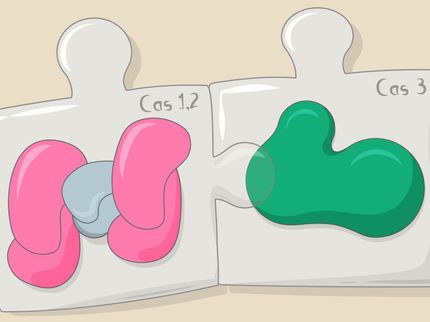New groups of bacteria discovered living near plant roots
Advertisement
Plant Research International, part of Wageningen UR, has discovered two new groups of bacteria that live in interaction with plants. The findings partly resulted from the use of new technologies for isolating bacteria from soil and plant samples. Ulisses Nunes da Rocha obtained his doctorate at the University of Groningen with this research, which was carried out at Plant Research International.
Acidobacteria and Verrucomicrobia are groups of bacteria that are commonly present in the soil. Until recently it was difficult to carry out research into these species as they are generally hard to culture. Nunes de Rocha (Brazil, 1981) managed to study the species by using new technologies that help isolate bacteria, and indicated the presence of the bacteria in the soil and plant samples based on their DNA sequence.
By using these DNA technologies, Nunes da Rocha found that there are Acidobacteria and Verrucomicrobia bacteria that mainly live in the direct surroundings of plant roots, the so-called rhizosphere. This shows that there is interaction between the plants and the bacteria, the exact details of which will require further research.
Nunes de Rocha managed to culture the Acidobacteria and Verrucomicrobia bacteria outside the soil, and discovered that various types actively move towards the roots. These bacteria are apparently able to identify and react to compounds that plants release into the soil via their roots.
It is not yet clear how the newly discovered bacteria affect plant growth. Although Nunes de Rocha found that the appearance of leek roots changed in the presence of some of the bacteria, he has as yet been unable to determine whether the bacteria had a positive, negative or neutral impact on plant growth.
Most read news
Other news from the department science

Get the life science industry in your inbox
By submitting this form you agree that LUMITOS AG will send you the newsletter(s) selected above by email. Your data will not be passed on to third parties. Your data will be stored and processed in accordance with our data protection regulations. LUMITOS may contact you by email for the purpose of advertising or market and opinion surveys. You can revoke your consent at any time without giving reasons to LUMITOS AG, Ernst-Augustin-Str. 2, 12489 Berlin, Germany or by e-mail at revoke@lumitos.com with effect for the future. In addition, each email contains a link to unsubscribe from the corresponding newsletter.


























































